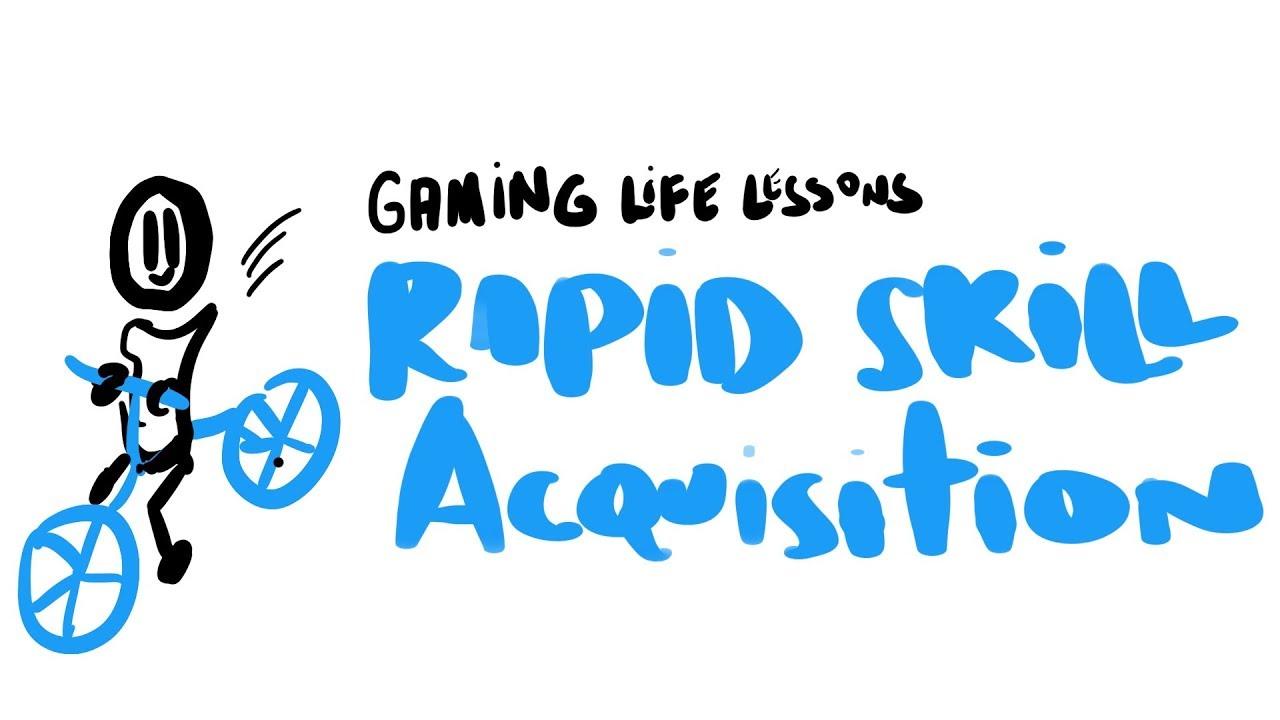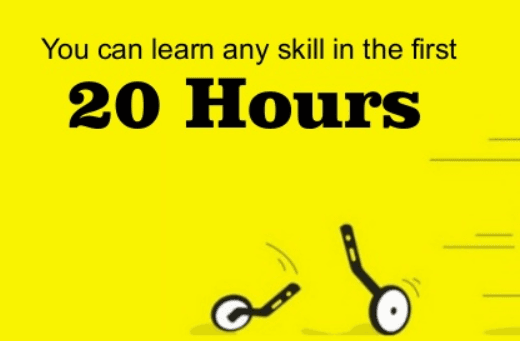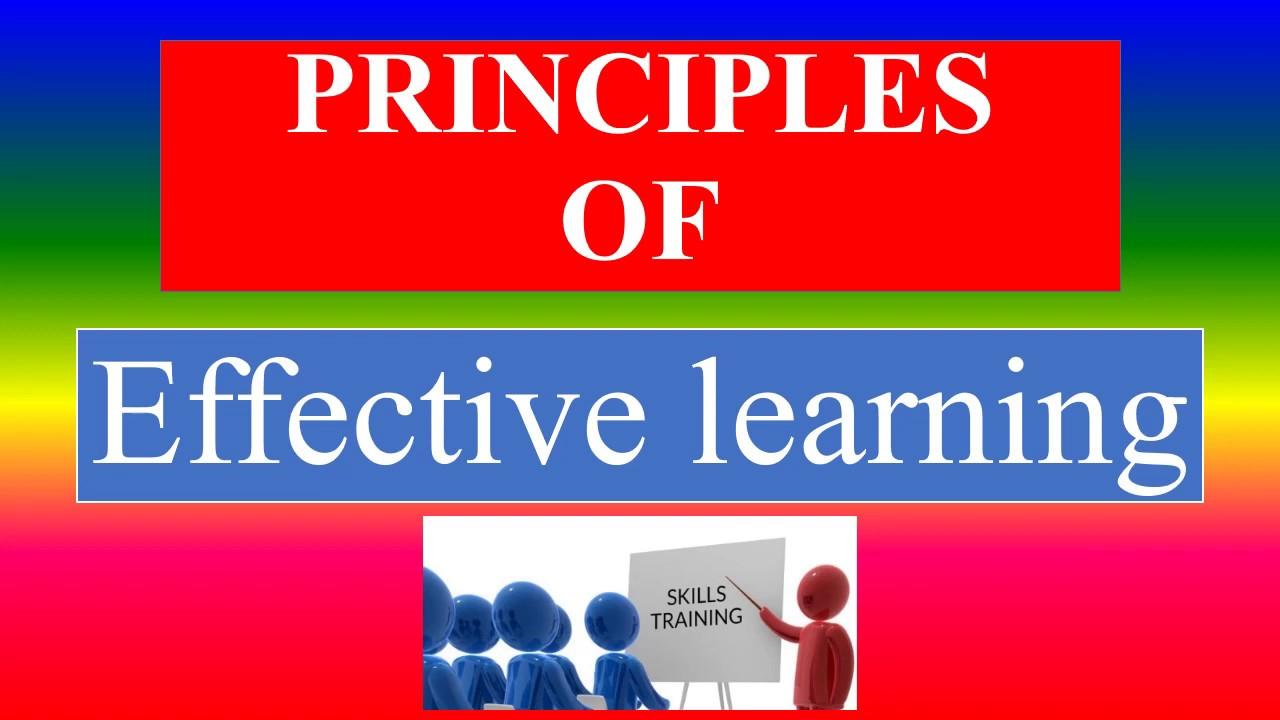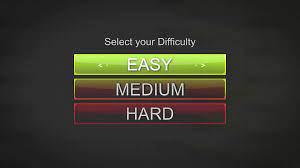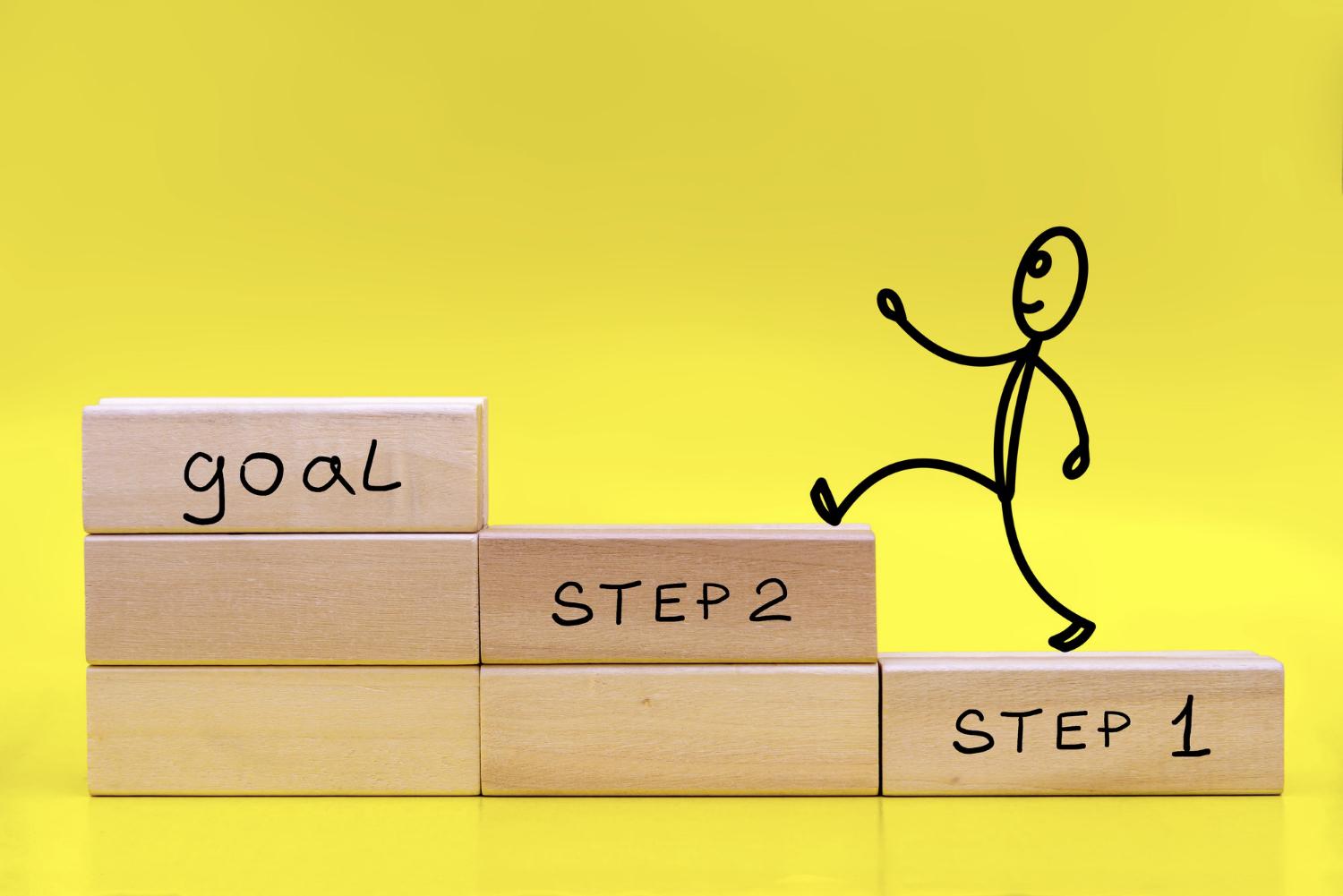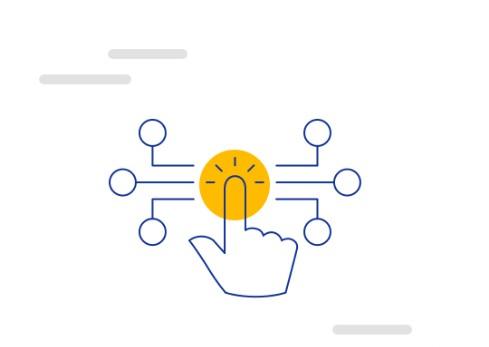K 's Key Ideas from The First 20 Hours
by Josh Kaufman
Ideas, facts & insights covering these topics:
20 ideas
·98.7K reads
410
3
Explore the World's Best Ideas
Join today and uncover 100+ curated journeys from 50+ topics. Unlock access to our mobile app with extensive features.
"Skill is the result of deliberate, consistent practice, and in early-stage practice, quantity and speed trump absolute quality. The faster and more often you practice, the more rapidly you’ll acquire the skill."
– JOSH KAUFMAN
1.11K
11.9K reads
Use Rapid Skill Acquisition to Learn Within 20 Hours
Josh Kaufman starts by highlighting it is likely you have a skill you have always wanted to learn. For instance, maybe it’s competently playing the piano, doing well on the tennis court, or becoming conversational in French. Crucially, it is never too late to learn your chosen skill. One of the most common regrets is wishing one had pursued a skill earlier. Subsequently, humans will often quickly give up before even becoming familiar with the basics because they believe it’s too late.
992
8.58K reads
This is where we can use rapid skill acquisition to kickstart our experience. Through using this technique, you can become competent in various desirable skills by putting in 20 hours of work. These 20 hours will allow you to become acquainted with the basics, but skill mastery will require more than these initial 20 hours of investment.
953
7.68K reads
The first few hours of learning something new are always the hardest, and this is where most people give up. However, if you break your initial 20 hours down into an hour of practice per day, you will rapidly improve. You will then find it considerably easier to continue building your skillset after you’ve completed the first 20 hours. Once you get through the first 20 hours, you’ll have a significant amount of practice under your belt, and further practice won’t be as difficult. Making the most of these initial 20 hours relies on adopting the ten principles of rapid skill acquisition.
1.01K
6.65K reads
Ten Principles of Rapid Skill Acquisition
- Choose a lovable project.
- Focus your energy on one skill at a time.
- Define your target performance level.
- Deconstruct the skill into subskills.
- Obtain critical tools.
- Eliminate barriers to practice.
- Make dedicated time for practice.
- Create fast feedback loops.
- Practice by the clock in short bursts.
- Emphasize quantity and speed.
1.27K
7.43K reads
"The trouble comes when we confuse learning with skill acquisition. If you want to acquire a new skill, you must practice it in context. Learning enhances practice, but it doesn’t replace it. If performance matters, learning alone is never enough."
– JOSH KAUFMAN
1.01K
7.24K reads
Learn Your Chosen Skill By Focusing Your Energy
There are probably many skills you’d like to acquire. Still, an essential first step of rapid skill acquisition is choosing to focus on one. Start by making a list of all the skills you’re interested in, and pick the one most exciting to you right now. This excitement will help you stay motivated through your practice.
957
5.22K reads
Don’t try to learn multiple new concepts at once because you’ll progress slowly, which is not motivating at all. Did you know you can achieve a magical “flow” state by spending more time focusing?
Josh Kaufman explains that you should practice in 20-minute bursts so that you can focus all your energy on your chosen learning task. On top of this, these bursts should be characterized by deliberate and consistent practices. Hence, quantity and speed are more important than the quality of your learning. The faster and more often you practice, the more rapidly you’ll acquire the skill.
999
4.69K reads
Ten Major Principles of Effective Learning
- Research the skill and related topics.
- Jump in over your head.
- Identify mental models and mental hooks.
- Imagine the opposite of what you want.
- Talk to practitioners to set expectations.
- Eliminate distractions in your environment.
- Use spaced repetition and reinforcement for memorization.
- Create scaffolds and checklists.
- Make and test predictions.
- Honor your biology.
1.07K
4.95K reads
Choose Your Skill Level
Deciding how talented you want to become at your chosen skill is the third principle in rapid skill acquisition. This is called your target performance level. It’s important because if you can envision the end goal, it’ll be easier to get there. Decide what level of skill is “good enough” for you. For example, if you’re learning to play an instrument, consider whether you want to play a few songs by heart or you want to jump into a jam session.
936
3.55K reads
Utilize Smaller Steps
As well as choosing your skill level, you also have to utilize smaller steps. Break your chosen skills down into bite-sized pieces you can tackle one by one. You don’t attempt to down an entire meal in one bite, and you shouldn’t try to learn a skill in one swing. By dividing up the work ahead of you, progress will be easier, and the steps you need to take to succeed will be more clear-cut.
937
3.3K reads
Acquire the Tools You Need
As well as defining the specific skill level you want to pursue, Kaufman also suggests you need to identify the tools you need to succeed at your skill level. These tools are the fundamental building blocks of your skill. For example, for Kaufman’s ukulele pursuit, the first tool he required was a working ukulele. Though this is a simple step, it is essential to find what materials and environments you’ll need to succeed in learning a new skill.
918
3.1K reads
Limit Distractions
When learning a skill, there will always be barriers that interfere with your learning process. Therefore, consider any emotional roadblocks that may stand in your path, like fear or self-doubt, as well as distractions (like a ringing phone). After completing this process, try to eliminate any hindrances.
928
3.08K reads
"If you rely on finding time to do something, it will never be done. If you want to find time, you must make time."
– JOSH KAUFMAN
1K
4.07K reads
Give Yourself Time to Practice
In today’s world, people are busier than ever. So, if you want to learn a new skill, you need to make time to practice. This is Kaufman’s seventh principle of rapid skill acquisition. Identify other activities in your life that you aren’t fond of, and work to cut those out to fill that time with practicing your new skill. Your goal is to free up 60-90 minutes a day to dedicate to practicing.
948
2.92K reads
Give Yourself Feedback
You must get feedback on your progress. For instance, perhaps you are trying to learn Chinese. You should find a way to get fast feedback on your progress, so you’ll know if you’ve put a step wrong. After receiving this feedback, you can choose to approach your skill acquisition differently.
If you can, you should hire a coach to help guide you and give you feedback through the process. If you’re learning a new language, you can use a voice recorder to listen to yourself speaking. This will make it easier to hear mistakes in your own pronunciation or grammar.
928
2.61K reads
The author offers another example from his own life to highlight how he has used feedback. Kaufman received feedback when he was learning how to play the game Go. To do this, he downloaded a software called SmartGo, which gives the player feedback after every move. This software helped him identify his weak spots and made it simpler to progress.
913
2.82K reads
Prioritize Quantity and Speed By Practicing in Short Bursts
Shortening your working periods helps mitigate the risk of working on difficult or tedious activities for extended periods. This is crucial as prolonged challenging work can be draining and often leads to inefficiency. When you first start learning, the hours of practice seem to drag on longer and longer. People tend to think they’ve actually spent more time working at the beginning of learning something new simply by how arduous learning the task is at the beginning.
929
2.86K reads
Avoid this feeling from taking over by using a 20-minute time. The timer will let you know how long you’ve actually been practicing and, since you’ll know how long you’ve been working, you’ll be more motivated during that period. Your goal should be to do three to five of these 20-minute blocks of practice per day. If you do this, you’ll be shocked at how quickly you progress.
960
2.9K reads
It’s better to recognize that you’re likely a beginner, and you shouldn’t expect yourself to be an expert from the start. So, focus on practicing quickly and often. By prioritizing quantity and speed, you’re less likely to get frustrated and subsequently demotivated during the initial stages of practice.
933
3.01K reads
IDEAS CURATED BY
CURATOR'S NOTE
The First 20 Hours is a book about rapid skill acquisition: how to pick up new skills as fast as humanly possible.
“
Curious about different takes? Check out our The First 20 Hours Summary book page to explore multiple unique summaries written by Deepstash users.
K 's ideas are part of this journey:
Learn more about productivity with this collection
Practicing empathy in relationships and communication
Understanding the importance of balance in personal and professional life
Defining your path in life
Related collections
Different Perspectives Curated by Others from The First 20 Hours
Curious about different takes? Check out our book page to explore multiple unique summaries written by Deepstash curators:
11 ideas
18 ideas
𝑩𝒐𝒐𝒏 's Key Ideas from The First 20 Hours
Josh Kaufman
5 ideas
Light 💡's Key Ideas from The First 20 Hours
Josh Kaufman
Discover Key Ideas from Books on Similar Topics
Read & Learn
20x Faster
without
deepstash
with
deepstash
with
deepstash
Personalized microlearning
—
100+ Learning Journeys
—
Access to 200,000+ ideas
—
Access to the mobile app
—
Unlimited idea saving
—
—
Unlimited history
—
—
Unlimited listening to ideas
—
—
Downloading & offline access
—
—
Supercharge your mind with one idea per day
Enter your email and spend 1 minute every day to learn something new.
I agree to receive email updates
